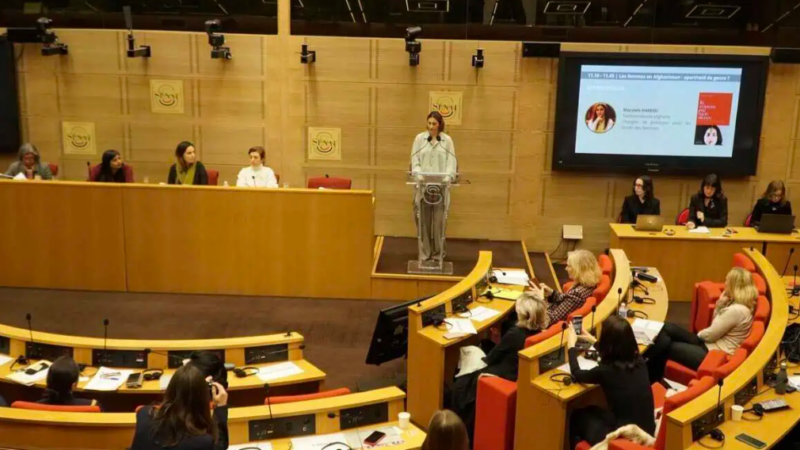Children Suffering From The Impact Of The Afghan Crisis

Approximately 90% of Afghans are living in poverty, and children “bear the brunt of it,” according to Fran Equiza, UNICEF’s representative there, who spoke to media in New York on Thursday.
“Too many people have forgotten that Afghanistan is a children’s rights crisis,” he added, warning that the situation is deteriorating in the highly unstable nation, which is dealing with humanitarian catastrophe, climate-related calamities, and atrocious human rights violations. An estimated 2.3 million Afghan boys and girls are anticipated to experience acute malnutrition this year. A life-threatening disease called severe acute malnutrition will need treatment for 875,000 of those people.
Additionally, it’s anticipated that 840,000 women who are pregnant or nursing may suffer from acute malnutrition, endangering their ability to give their children the greatest possible start in life.
Although combat has mostly ended, Mr. Equiza said, daily violations of children’s rights “in the most appalling ways” are caused by decades of war. He said that the majority of the victims in Afghanistan are children and that it is one of the “weapons-contaminated countries” in the world.
He highlighted early data that indicates between January and March of this year, 134 youngsters may have been murdered or injured by explosive devices.
This is the reality of the increasing risk Afghan kids confront when they explore previously inaccessible locations because of war, he added.
“A large number of those killed and injured were kids who were gathering scrap metal to sell. Because poverty has that effect. It forces you to send your kids to work—not out of choice, but because you have no other choice. Approximately 1.6 million Afghan children, some as young as six, are trapped in child labor and must work in hazardous circumstances simply to put food on the table for their families.
“And where education once stood for hope, the right of children to learn is being attacked,” Mr. Equiza said.
“For more than three years, girls in Afghanistan have been denied the opportunity to study, initially as a result of COVID-19 and most recently from September 2021 as a result of the restriction on attending secondary school. The effects of these absences on their mental health are something I don’t need to mention. He emphasized UNICEF’s commitment to remain and continue serving the needs of women and children in Afghanistan, where it has operated for over 75 years.
“We’re adapting to the rapidly shifting realities on the ground, finding ways to reach the kids who need us most, and making sure that Afghan women employed by UNICEF can keep making invaluable contributions to our work for kids,” he added.
He urged the international community to contribute more, emphasizing that UNICEF’s Humanitarian Action for Children Appeal is just 22% funded and that needs are increasing daily.






